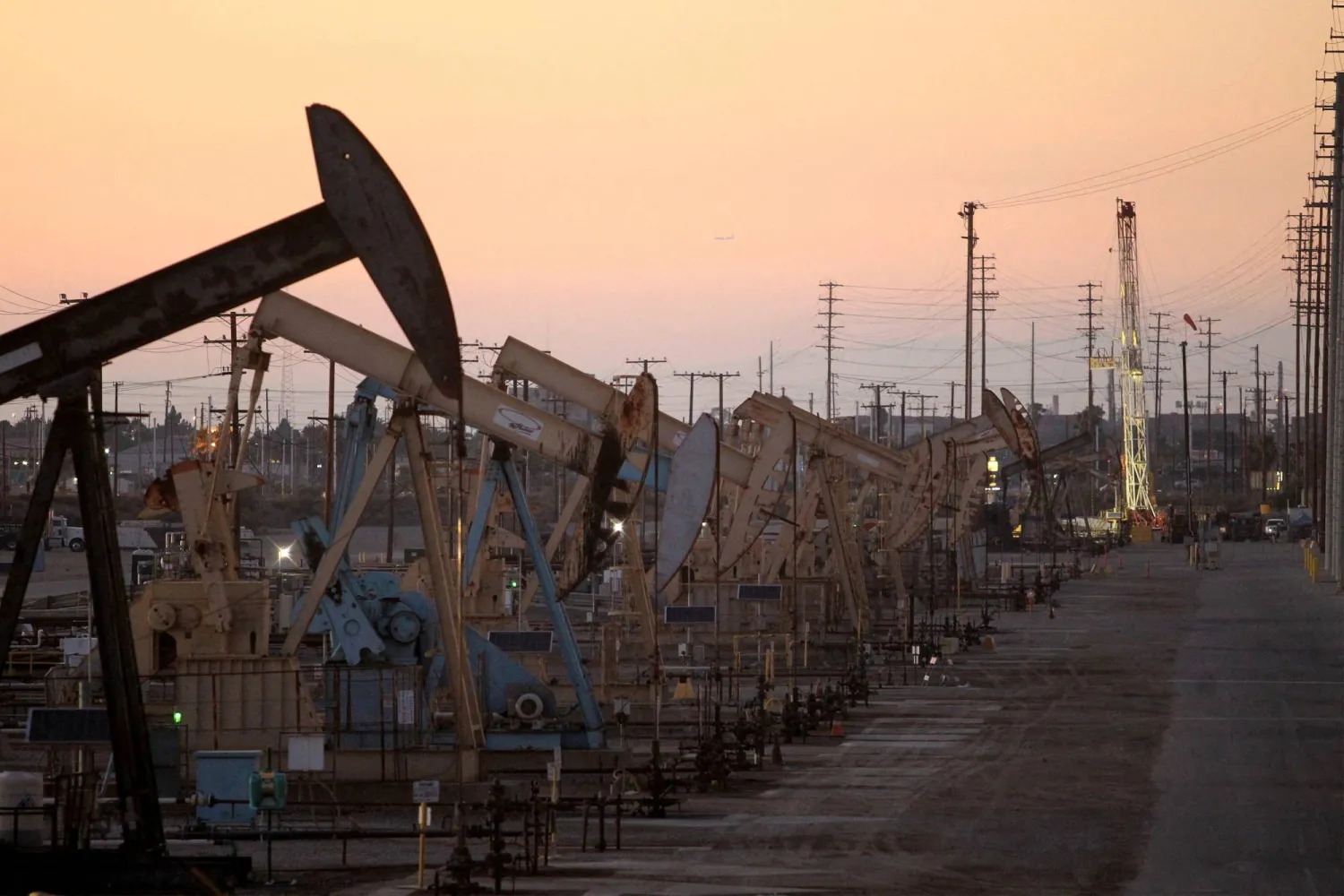Oil prices on Tuesday built on gains made a day earlier amid attacks on shipping in the Red Sea that have exacerbated supply worries.
Brent crude futures rose 36 cents, or 0.44%, to $82.89 a barrel by 0745 GMT, while US West Texas Intermediate crude futures (WTI) were up 31 cents, or 0.40%, to $77.89 a barrel, Reuters said.
"Concerns around shipping disruptions in the Red Sea have supported a rebound in the price of crude oil overnight, offsetting a more hawkish Fed currently weighing on the demand side of the equation," said Tony Sycamore, an analyst at IG in Sydney.
The attacks by Iran-aligned Houthis in support of Palestinians have increased freight rates and shipping times. On Monday, US Central Command said that the Houthis had unsuccessfully fired a missile at the US flagged oil tanker Torm Thor in the Gulf of Aden on Feb. 24.
On Tuesday, US President Biden said Israel has agreed to halt military activities in Gaza for the Muslim holy month of Ramadan, as Hamas studied a draft proposal for a truce which includes a pause in fighting and a prisoner-hostage exchange.
Oil prices were also supported on Tuesday by indications of improved demand in China.
"Concerns over Chinese demand are abating, as refineries continue brisk buying in the physical market after a boom in Lunar New Year travel. This is despite them having planned more maintenance halts than usual," analysts from ANZ Bank said in a note.
Also on Tuesday, Russian authorities announced a six-month ban on gasoline exports from March 1 to compensate for rising demand from consumers and farmers and to allow for planned maintenance of refineries.
Both oil benchmarks settled more than 1% higher on Monday which followed declines of 2%-3% over the previous week as markets factored in a greater likelihood that rate cuts might take longer to come.
Kansas City Federal Reserve Bank President Jeffrey Schmid on Monday used a debut speech on policy to signal that he, like most of his central banking colleagues, is in no rush to cut interest rates. High borrowing costs typically reduce economic growth and oil demand.
A market focus for the day will be the American Petroleum Institute industry group's weekly data on US crude inventories which is due to be released at 4:30 p.m. EST (2130 GMT).
Analysts polled by Reuters on Monday estimated on average that crude inventories rose by about 1.8 million barrels in the week to Feb. 23.
Oil Prices Rise amid Concerns about Red Sea Attacks on Shipping

Oil rig pumpjacks, also known as thirsty birds, extract crude from the Wilmington Field oil deposits area near Long Beach, California July 30, 2013. REUTERS/David McNew//File Photo

Oil Prices Rise amid Concerns about Red Sea Attacks on Shipping

Oil rig pumpjacks, also known as thirsty birds, extract crude from the Wilmington Field oil deposits area near Long Beach, California July 30, 2013. REUTERS/David McNew//File Photo
لم تشترك بعد
انشئ حساباً خاصاً بك لتحصل على أخبار مخصصة لك ولتتمتع بخاصية حفظ المقالات وتتلقى نشراتنا البريدية المتنوعة







